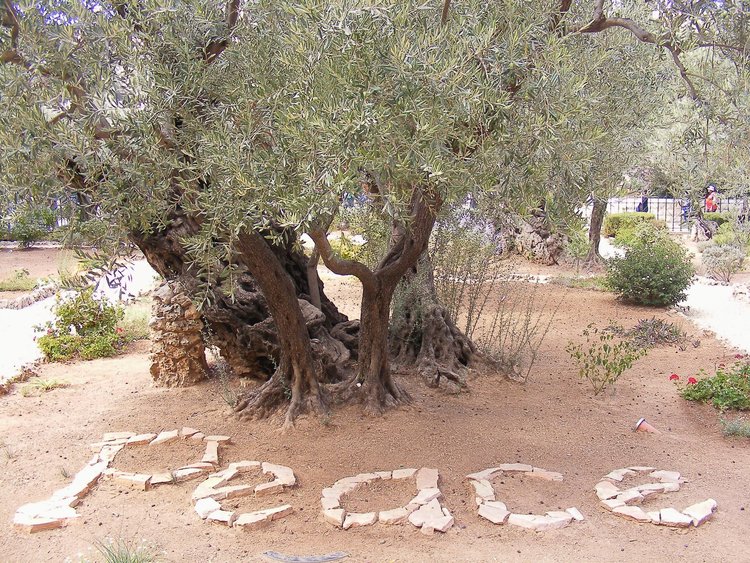On This International Day of Peace
/On this international Day of Peace, I arrived in Hebron, in the southern part of Palestine. I walked through Israeli checkpoints with relative ease, except for the churning of my stomach because the checkpoints are bigger, more oppressive, more permanent than the last time I was here. I walked through with relative ease, knowing that some of the Palestinians whom I greeted and hugged and shook hands with today, the ones I now call my friends, avoid the checkpoints because of the uncertainty of passing easily or, for some, the likelihood that passage will be anything but easy.
On this International Day of Peace, I listened to the story of a Palestinian friend who, when he had no water in his home, found a way to use creative nonviolence to bring water there. With permission from the mayor to get a water tank, but no permission from the Israeli military to get the water tank to his house, he organized children young enough that they couldn’t be arrested to carry water in bottles and cups and other vessels from the tank to his home. Prior to this event, he organized a group of women journalists to carry their swaddled “babies,” which were actually cameras, into the area so they could film the action. As the children started carrying the water, the women unswaddled their “babies” and began filming. An Israeli news team that happened to be in the area also started filming. With all the news coverage of the children carrying water to a Palestinian home that was denied access to water, the Israeli military relented and allowed the tank to be brought to the home.
On this International Day of Peace, I wonder how in my own country, police officers keep shooting unarmed black men. I wonder how much training they receive in de-escalation. I wonder when we white people will own up to the work we need to do so that it is clear that black lives matter. Here in the unholy Holy Land, I wonder how Palestinians who actually or allegedly stab or try to stab Israelis end up shot dead and labeled terrorists, but the Israelis who recently chased and stabbed a Palestinian are alive and labeled common criminals. To be clear, I wish none dead or harm, but rather all alive.
On this International Day of Peace, I wish that before leaving Jerusalem this morning, I had gone to St. Anne’s Church to sing, body, mind, heart, and soul fully invested, Dona Nobis Pacem. God, grant us peace.
Dona Nobis Pacem
in St. Anne's Church, Jerusalem, November 2014
On this International Day of Peace, I am grateful that I’ve spent the day walking with thoughtful people who are invested in peace, whose presence has brought a peaceful energy to the places we’ve walked and to me.
On this International Day of Peace, as I have walked, I have sometimes looked at the people I passed by and thought, “You are a child of God.” It happened occasionally, not habitually. I would like to create this habit of recognizing the common divine origin I share with every other creature.
On this International Day of Peace, I wonder how I can better embody peace.
I pray that I can better embody peace.
After this International Day of Peace, I will continue to pray that I can better embody peace.
I will try to better embody peace, with the hope that I will not be the only one.
I will pray and practice and hope that someday we will not need an International Day of Peace, because it will simply be every day.







